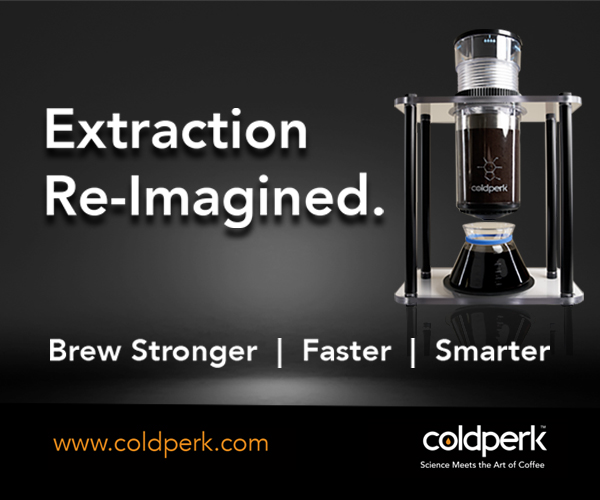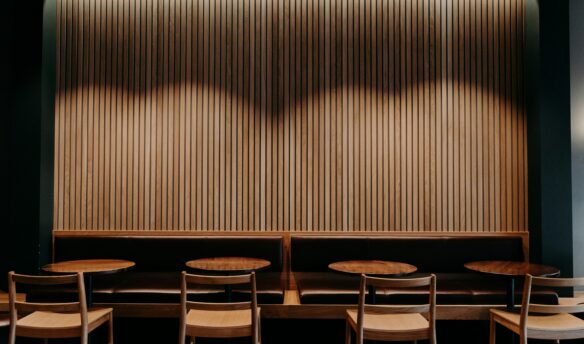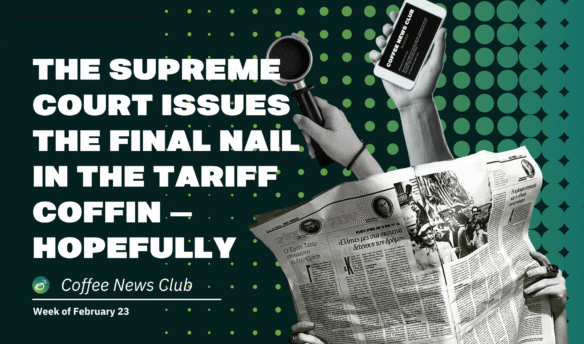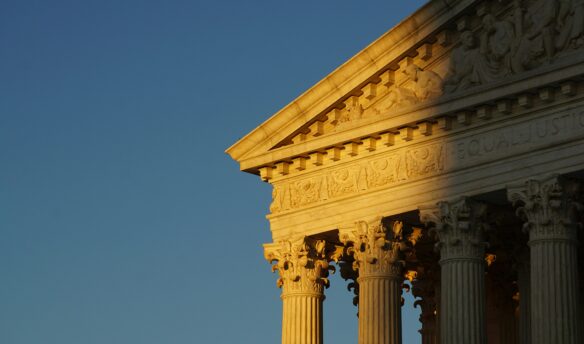✉️ This story was featured in this week’s Coffee News Club
👋 Get the Coffee News Club newsletter in your inbox weekly—sign up.
Private equity firm Freeman Spogli & Co. is close to finalizing a $145 million deal to acquire San Francisco-based specialty coffee chain Philz Coffee. As part of the agreement, the company’s common stock—owned by some current and former employees—would be canceled, leaving those investments “effectively worthless.”
Philz was founded in 2003 by father-and-son team Phil and Jacob Jaber—the shop had no espresso machine and only served pour-over style coffee brewed by the cup. Over the last decade, the brand grew rapidly using venture capital investment and became “Silicon Valley’s cup of choice,” according to Forbes.
Philz has received multiple rounds of funding: in 2013, they received an “eight figure” investment from Summit Partners; in 2015, they received $15 million in Series B funding; and in 2016, they received $45 million. These investments, totaling $75 million, helped Philz expand to over 70 locations around the country (primarily in the Bay Area but with a handful of locations in Chicago).
As Jessica Blough reports for Mission Local, those set to “receive payouts or bonuses from the deal” include Philz board members (including the Jabers), the company’s CEO, and representatives from firms that previously invested in the brand. However, those holding common stock, which includes current and former employees, will have their stock canceled.
“All Common Stock will be canceled for no consideration and all Options will be canceled and extinguished for no consideration,” documents obtained by Mission Local read.
Common stock is “a form of ownership in a corporation, representing a claim on part of the company’s assets and earnings,” according to Investopedia. However, common stock is of lower priority and has fewer protections compared to preferred stock. Blough explains that common stock dissolution is rare unless a company is facing liquidation or bankruptcy.
One former employee paid $40,000 to purchase common stock. “Philz ran out of money. That’s really what it is,” the employee said. “When I saw the price, I thought, well, I hope I can get some of my money back.”






